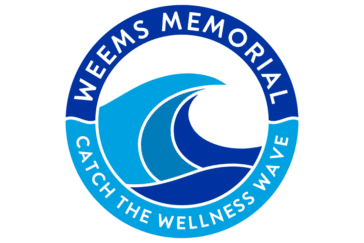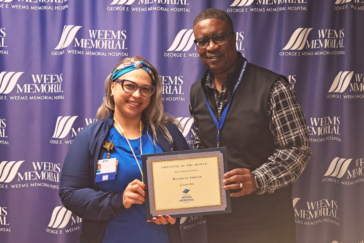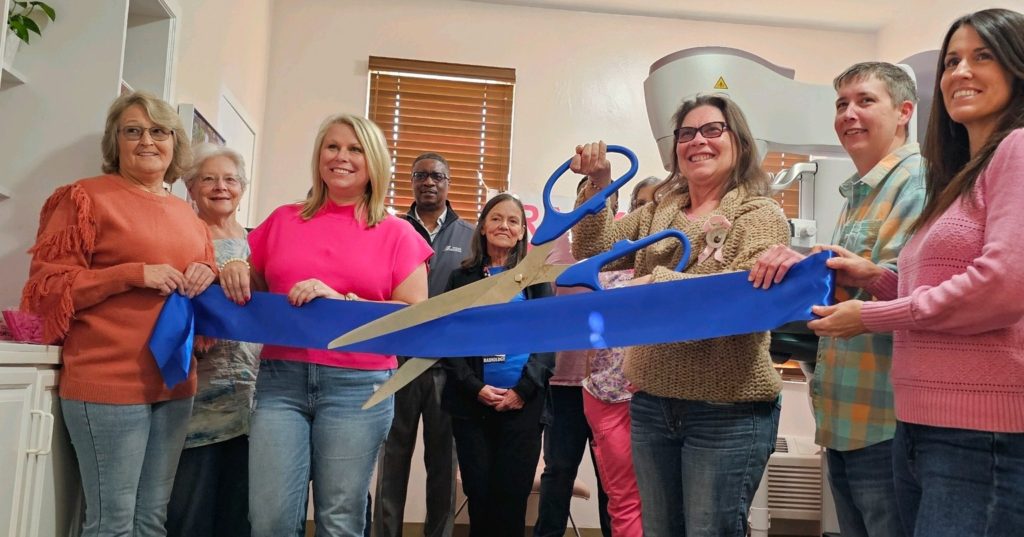News & Media
Weems Wellness Wave
Weems Memorial Hospital Hosts AHCA Rural Health Transformation Town Hall
Apalachicola, Fla. — December 5, 2025 — George E. Weems Memorial Hospital recently hosted the Agency for Health Care Administration (AHCA) as part of Florida’s Rural Health Transformation Program Town…
Employee of the Month Recognitions
Weems Memorial is pleased to recognize three outstanding employees for their dedication and hard work. Gabrielle Pine, LPN, Debbie Mashburn, and Monica Varnes, RN, were recently recognized for their exceptional…
Krista Varnes is 2025 Doug Creamer Health Care Scholarship Recipient
Krista Varnes, a senior at Franklin County High School, is the proud recipient of the Weems Doug Creamer Health Care Scholarship. Krista’s impressive academic record, coupled with her dedication to…
Weems Memorial Partners with Foundation for Hospital Art to Infuse Healing
Weems Memorial Hospital embarked on an exciting collaboration with the Foundation for Hospital Art, local students, and community members to create beautiful, hand-painted ceiling tiles. This initiative, focused on butterfly-themed…
Weems Memorial Hospital Enhances Obstetrical Emergency Preparedness
Weems Memorial Hospital continues its mission to provide exceptional care by partnering with the University of South Florida for a specialized training course focused on obstetrical emergencies. The training, which…
A Full Circle Moment: Lexi Bresnan Returns to Weems Memorial Hospital 25 Years Later!
On June 12th, Weems Memorial Hospital had the pleasure of welcoming back Lexi Bresnan, marking 25 years since she was born unexpectedly early at the hospital. Lexi, now thriving as…
Second Annual Weems Community Health Fair is May 18th
Weems Memorial Hospital Foundation invites all to “Catch the Wellness Wave” at the second annual community health fair Saturday, May 18 from 10 am to 1 pm ET on the…





